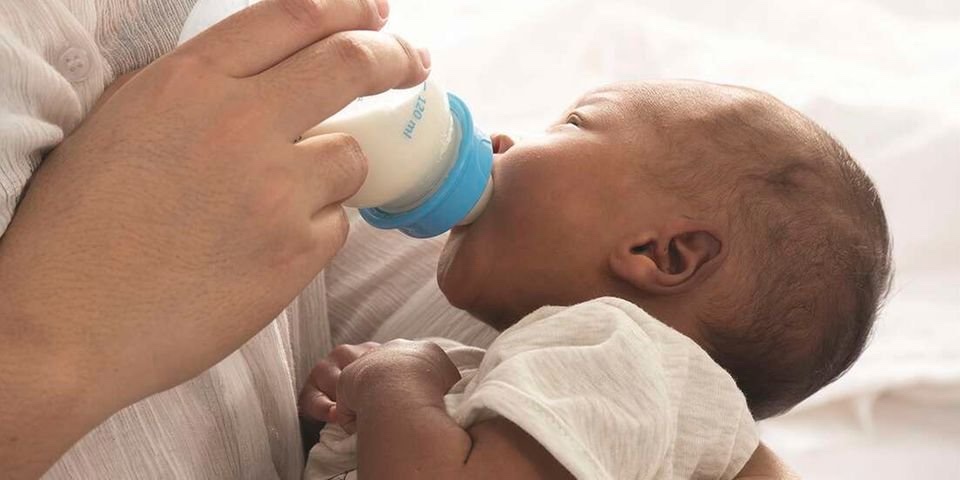The Ministry of Health has not banned the sale of feeding bottles or pacifiers for babies.
Contrary to what has been appearing on a section of the media,
the ministry has only banned advertising and promotion of the products.
This is in order to stop the exploitation of mothers by manufacturers.
The claim was reported by Nation on Wednesday in a story titled “Kenya announces ban on feeding bottles.”
However, the Breast Milk Substitutes (Regulation and Control) Regulations only seek to align Kenya with the World Health Organization requirements that end the promotion of breast milk substitutes and related products.
“WHO Code also recommends regulating ethical interactions between manufacturers and distributors with the health systems, the marketing of designated products such as feeding bottles, teats and pacifiers and to prohibit any advertising of BMS including the giving of any gifts given to mothers or inducement of health workers,” the Kenyan regulations say.
This was also confirmed by Gladys Mugambi, head of the division of health promotion in the Ministry of Health.
“After Parliament passed the Breast Milk Supplements (BMS) Regulation and Control Act of 2012 the rate of breastfeeding in Kenya actually doubled,” she told The Star.
“So we realised we need more regulations to guide the implementation. So we have more regulations. They do not ban feeding bottles or the teats or pacifiers but only seek to regulate them.”
The regulations come into effect in May.
The regulations aim to guide all persons that use, manufacture, sell and market breast milk Substitutes.
This is “to ensure that all persons are informed that breast milk substitutes undermines breastfeeding and suboptimal breastfeeding is a leading but preventable cause of death and serious illness in infants and young children.”
The regulations further “prohibit marketing activities such as cross-promotions and informational inserts; and establish rules to restrict promotional marketing of breast milk substitutes and designated products, donations, labelling and establish requirements for Informational and educational materials and activities.”
According to the head of nutrition and dietetics at the ministry, Veronica Kirogo, the regulations only control the marketing and distribution of BMS, feeding bottles and other designated products.
Data from the ministry shows that four in every 10 children are not exclusively breastfed while only one in every five children is fed in accordance with the three recommended complementary feeding practices.
Experts recommend exclusive breastfeeding for the first six months to provide the perfect nutrition the child needs for healthy growth and brain development.
There's no story that cannot be told. We cover the stories that others don't want to be told, we bring you all the news you need. If you have tips, exposes or any story you need to be told bluntly and all queries write to us [email protected] also find us on Telegram

